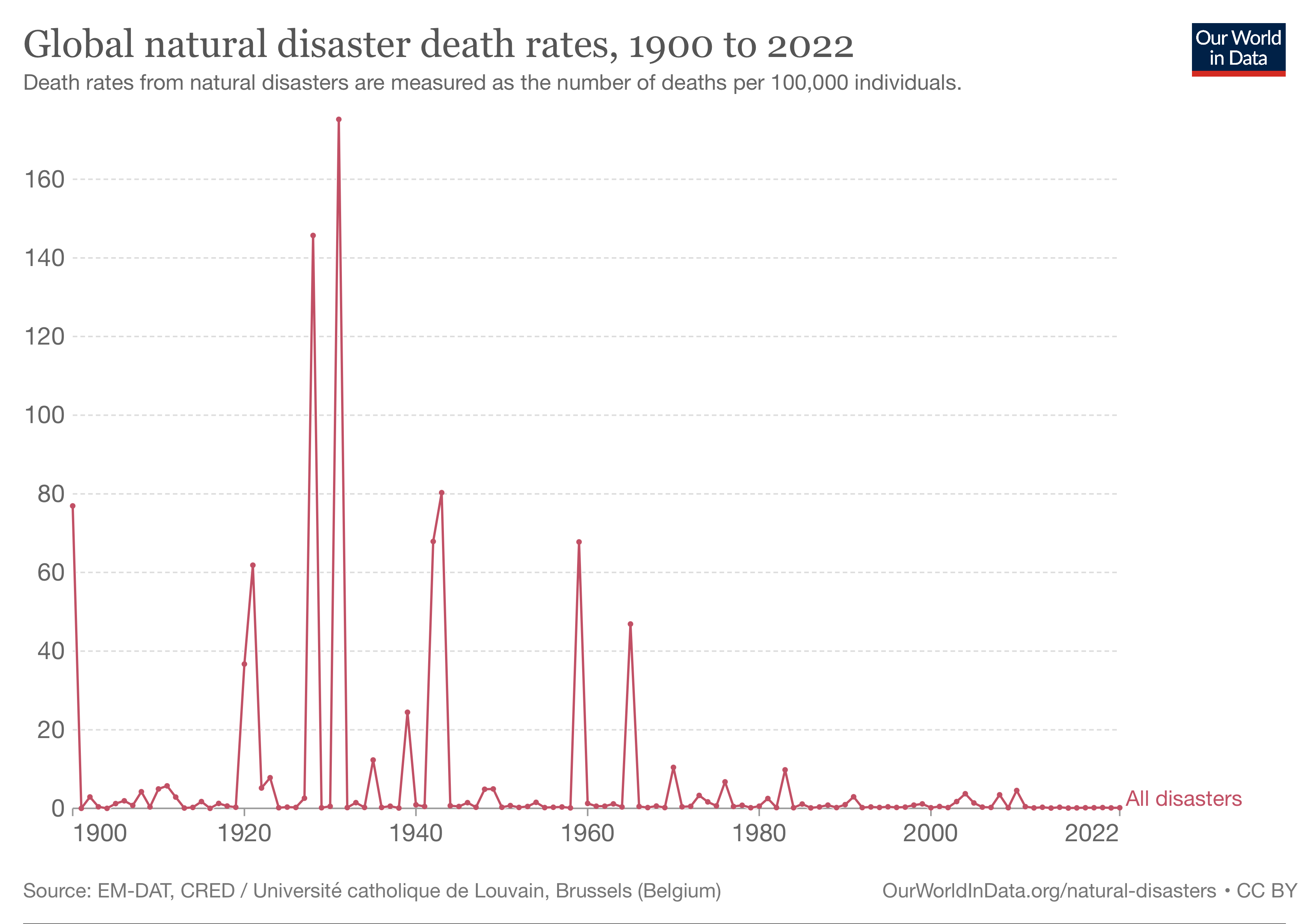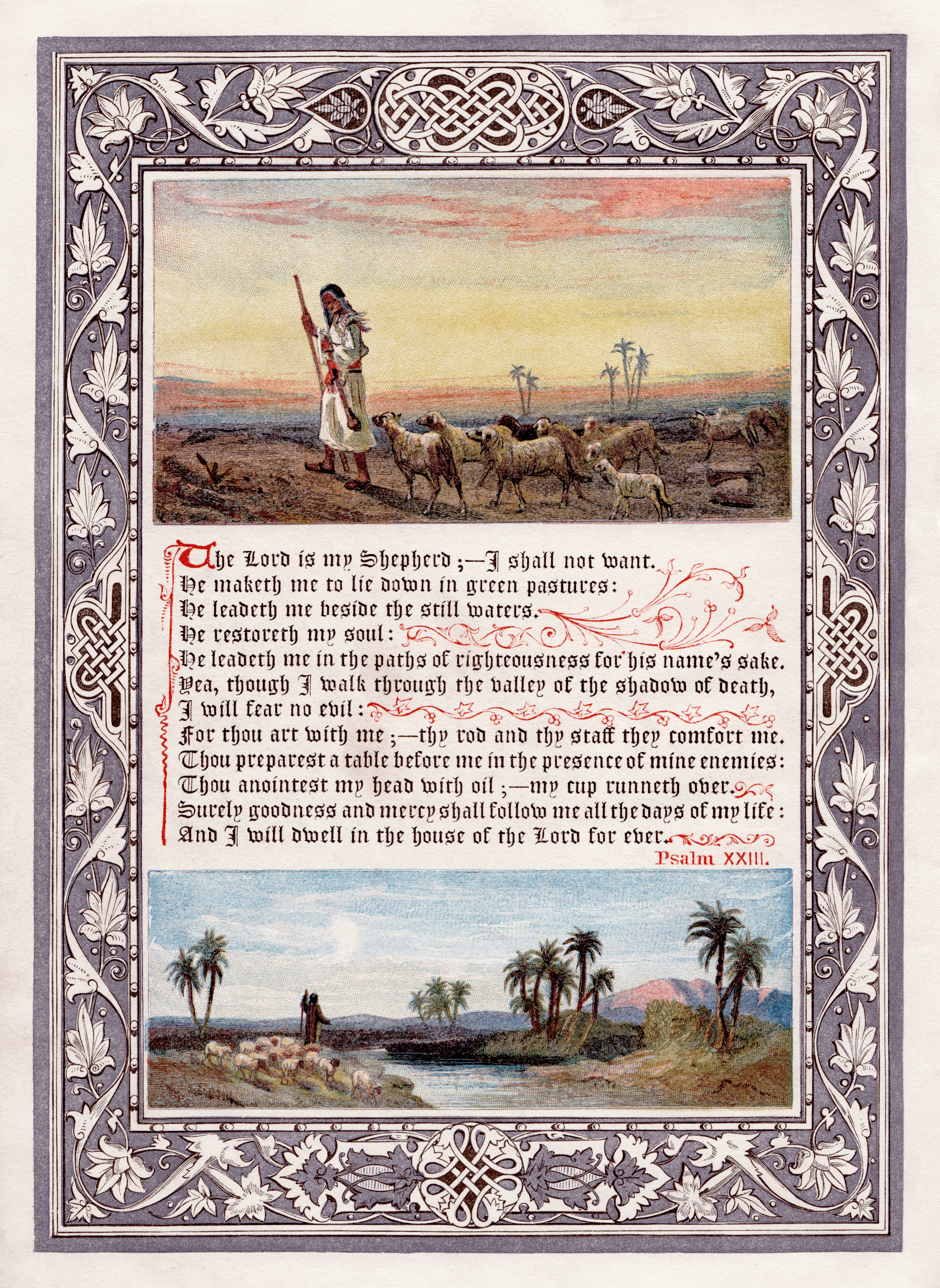|
Psalm Of Communal Lament
The psalms of communal lament are a group of Psalm Forms from the Hebrew Bible, classified by their focus on laments expressing deep sorrow for the travails of a nation and as a group asking for God's blessing or intervention. Psalms of communal laments were more commonly found in printed Psalters following major natural disasters, plague, or oppression by surrounding nations.Michael D. Coogan, ''A Brief Introduction to the Old Testament'' (New York: Oxford, 2009), 370. Structure The motifs of the communal lament psalm are very similar to the individual lament, but includes a corporate form of language and a focus on motivating God to bless the nation and smite its enemies. A Communal Lament essentially consists of six possible parts: *The Address - usually directly to God, "Hear me O God" *The Lament Proper - a description of the occurrences for which the people are requesting assistance or rescue *National Confession of Trust - a statement showing the nation's belief that God ... [...More Info...] [...Related Items...] OR: [Wikipedia] [Google] [Baidu] |
Book Of Psalms
The Book of Psalms ( or ; he, תְּהִלִּים, , lit. "praises"), also known as the Psalms, or the Psalter, is the first book of the ("Writings"), the third section of the Tanakh, and a book of the Old Testament. The title is derived from the Greek translation, (), meaning "instrumental music" and, by extension, "the words accompanying the music". The book is an anthology of individual Hebrew religious hymns, with 150 in the Jewish and Western Christian tradition and more in the Eastern Christian churches. Many are linked to the name of David, but modern mainstream scholarship rejects his authorship, instead attributing the composition of the psalms to various authors writing between the 9th and 5th centuries BC. In the Quran, the Arabic word ‘Zabur’ is used for the Psalms of David in the Hebrew Bible. Structure Benedictions The Book of Psalms is divided into five sections, each closing with a doxology (i.e., a benediction). These divisions were probably introdu ... [...More Info...] [...Related Items...] OR: [Wikipedia] [Google] [Baidu] |
Lament
A lament or lamentation is a passionate expression of grief, often in music, poetry, or song form. The grief is most often born of regret, or mourning. Laments can also be expressed in a verbal manner in which participants lament about something that they regret or someone that they have lost, and they are usually accompanied by wailing, moaning and/or crying. Laments constitute some of the oldest forms of writing, and examples exist across human cultures. History Many of the oldest and most lasting poems in human history have been laments. The Lament for Sumer and Ur dates back at least 4000 years to ancient Sumer, the world's first urban civilization. Laments are present in both the ''Iliad'' and the ''Odyssey'', and laments continued to be sung in elegiacs accompanied by the aulos in classical and Hellenistic Greece. Elements of laments appear in '' Beowulf'', in the Hindu Vedas, and in ancient Near Eastern religious texts. They are included in the Mesopotamian City Lame ... [...More Info...] [...Related Items...] OR: [Wikipedia] [Google] [Baidu] |
Psalter
A psalter is a volume containing the Book of Psalms, often with other devotional material bound in as well, such as a liturgical calendar and litany of the Saints. Until the emergence of the book of hours in the Late Middle Ages, psalters were the books most widely owned by wealthy lay persons. They were commonly used for learning to read. Many Psalters were richly illuminated, and they include some of the most spectacular surviving examples of medieval book art. The English term (Old English , ) derives from Church Latin. The source term is la, psalterium, which is simply the name of the Book of Psalms (in secular Latin, it is the term for a stringed instrument, from grc, ψαλτήριον ''psalterion''). The Book of Psalms contains the bulk of the Divine Office of the Roman Catholic Church. The other books associated with it were the Lectionary, the Antiphonary, and Responsoriale, and the Hymnary. In Late Modern English, ''psalter'' has mostly ceased to refer to the ... [...More Info...] [...Related Items...] OR: [Wikipedia] [Google] [Baidu] |
Natural Disasters
A natural disaster is "the negative impact following an actual occurrence of natural hazard in the event that it significantly harms a community". A natural disaster can cause loss of life or damage property, and typically leaves some economic damage in its wake. The severity of the damage depends on the affected population's resilience and on the infrastructure available. Examples of natural hazards include: avalanche, coastal flooding, cold wave, drought, earthquake, hail, heat wave, hurricane (tropical cyclone), ice storm, landslide, lightning, riverine flooding, strong wind, tornado, typhoon, tsunami, volcanic activity, wildfire, winter weather. In modern times, the divide between natural, man-made and man-accelerated disasters is quite difficult to draw. Human choices and activities like architecture, fire, resource management or even climate change potentially play a role in causing "natural disasters". In fact, the term "natural disaster" has been called a misnomer ... [...More Info...] [...Related Items...] OR: [Wikipedia] [Google] [Baidu] |
Hebrew
Hebrew (; ; ) is a Northwest Semitic language of the Afroasiatic language family. Historically, it is one of the spoken languages of the Israelites and their longest-surviving descendants, the Jews and Samaritans. It was largely preserved throughout history as the main liturgical language of Judaism (since the Second Temple period) and Samaritanism. Hebrew is the only Canaanite language still spoken today, and serves as the only truly successful example of a dead language that has been revived. It is also one of only two Northwest Semitic languages still in use, with the other being Aramaic. The earliest examples of written Paleo-Hebrew date back to the 10th century BCE. Nearly all of the Hebrew Bible is written in Biblical Hebrew, with much of its present form in the dialect that scholars believe flourished around the 6th century BCE, during the time of the Babylonian captivity. For this reason, Hebrew has been referred to by Jews as '' Lashon Hakodesh'' (, ) since an ... [...More Info...] [...Related Items...] OR: [Wikipedia] [Google] [Baidu] |
Psalms
The Book of Psalms ( or ; he, תְּהִלִּים, , lit. "praises"), also known as the Psalms, or the Psalter, is the first book of the ("Writings"), the third section of the Tanakh, and a book of the Old Testament. The title is derived from the Greek translation, (), meaning "instrumental music" and, by extension, "the words accompanying the music". The book is an anthology of individual Hebrew religious hymns, with 150 in the Jewish and Western Christian tradition and more in the Eastern Christian churches. Many are linked to the name of David, but modern mainstream scholarship rejects his authorship, instead attributing the composition of the psalms to various authors writing between the 9th and 5th centuries BC. In the Quran, the Arabic word ‘Zabur’ is used for the Psalms of David in the Hebrew Bible. Structure Benedictions The Book of Psalms is divided into five sections, each closing with a doxology (i.e., a benediction). These divisions were probably intro ... [...More Info...] [...Related Items...] OR: [Wikipedia] [Google] [Baidu] |





